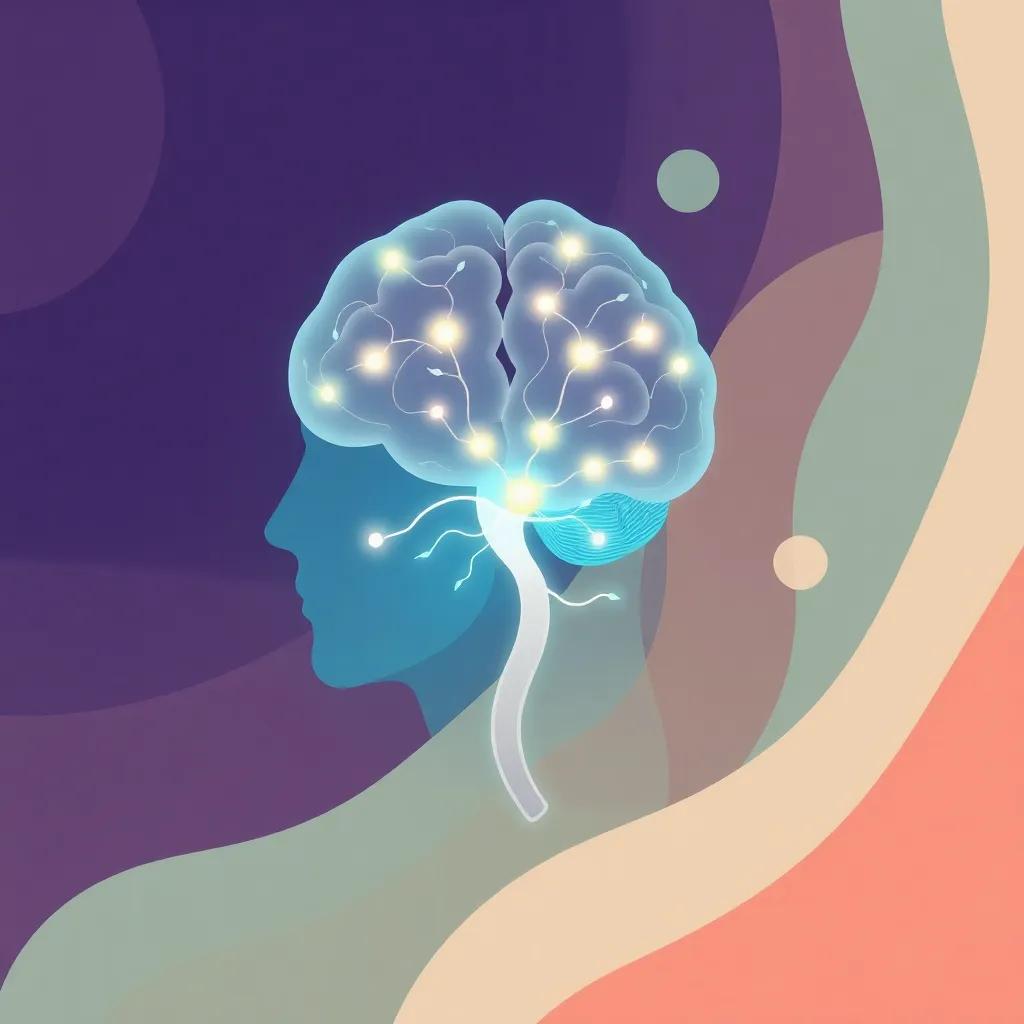Exploring how gut health impacts mental well-being and actionable tips to improve both through diet.
Discover how your gut health influences your mental well-being and learn practical steps to improve both through diet.
The Gut-Brain Connection: A Hidden Link
Recent research has uncovered a fascinating connection between the gut and the brain, often referred to as the gut-brain axis. This bidirectional communication system allows the gut and brain to influence each other, impacting everything from mood to cognitive function. According to a study published in the journal Nature Reviews Gastroenterology & Hepatology, the gut microbiome plays a crucial role in regulating mental health.
Dr. Emeran Mayer, a gastroenterologist and author of The Mind-Gut Connection, explains, ‘The gut microbiome produces neurotransmitters like serotonin and dopamine, which are essential for mood regulation. An imbalance in gut bacteria can lead to mental health issues such as anxiety and depression.’
How Diet Influences Mental Health
What we eat directly affects the composition of our gut microbiome. A diet high in processed foods, sugar, and unhealthy fats can disrupt the balance of gut bacteria, leading to inflammation and negatively impacting mental health. On the other hand, a diet rich in fiber, fruits, vegetables, and fermented foods can promote a healthy gut microbiome.
Dr. Uma Naidoo, a nutritional psychiatrist and author of This Is Your Brain on Food, emphasizes, ‘Food is medicine. A diet rich in whole, unprocessed foods can improve gut health and, in turn, support mental well-being.’
Actionable Tips for Improving Gut Health
1. Incorporate Probiotics: Foods like yogurt, kefir, sauerkraut, and kimchi are rich in probiotics, which help maintain a healthy balance of gut bacteria.
2. Eat More Fiber: Fiber-rich foods like whole grains, legumes, and vegetables feed the beneficial bacteria in your gut.
3. Limit Processed Foods: Reduce your intake of processed foods, sugar, and artificial additives, which can harm gut bacteria.
4. Stay Hydrated: Drinking plenty of water supports digestion and helps maintain a healthy gut lining.
5. Manage Stress: Chronic stress can negatively impact gut health. Practices like meditation, yoga, and deep breathing can help manage stress levels.
By making these dietary and lifestyle changes, you can support your gut health and, in turn, improve your mental well-being. As Dr. Mayer puts it, ‘A healthy gut is the foundation of a healthy mind.’




